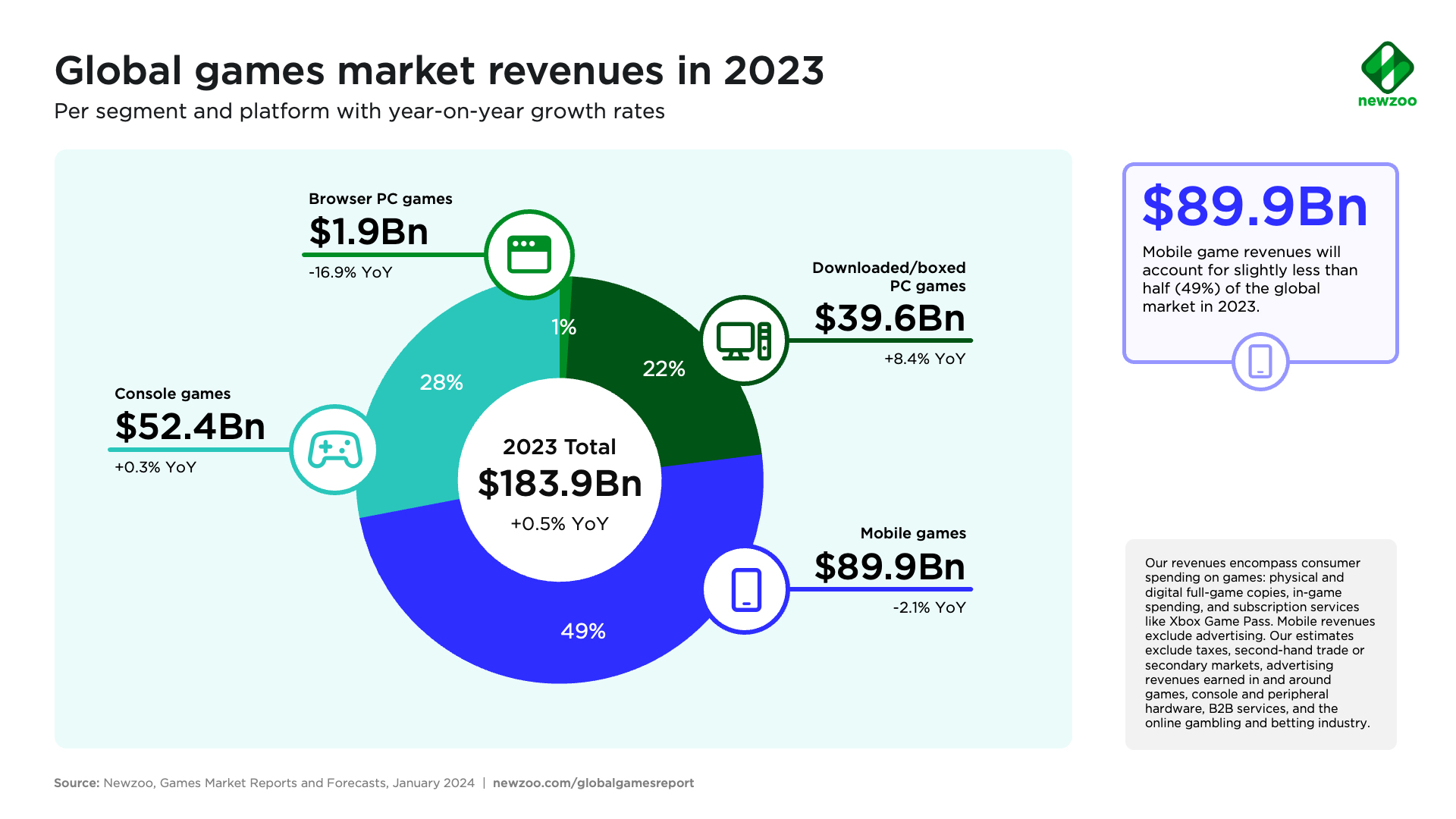The Hookup Doctor's Guide
Navigating the world of modern dating and relationships.
From Noob to Tycoon: The Quirky World of Competitive Gaming Economies
Dive into the wild world of competitive gaming economies! Uncover secrets, tips, and tricks to level up from noob to tycoon!
Understanding In-Game Economies: How Virtual Currencies Shape Competitive Gaming
The concept of in-game economies has become a fundamental aspect of competitive gaming, where virtual currencies play a crucial role in shaping player experiences and interactions. These economies are built on the exchange of digital currencies, which can range from coins and gems to more complex blockchain-based tokens. Understanding how these virtual currencies operate is essential for players who want to maximize their effectiveness in gameplay. Players engage in activities such as completing missions, trading items, and participating in events to earn these currencies, which can enhance their gaming experience and influence the competitive landscape.
Moreover, virtual currencies often dictate the competitive gaming environment by introducing elements of strategy and resource management. Players must make informed decisions about how to spend their currencies, whether to invest in upgrades or save for rare items. This dynamic fosters a thriving marketplace where players can buy, sell, or trade their assets, further implicating real-world economic principles. As developers refine these systems, the in-game economies continue to evolve, leading to a richer and more competitive gaming experience that captivates players and keeps them engaged for longer periods.

Counter-Strike is a highly popular tactical first-person shooter game that has been a staple in the esports community for years. Players team up as either terrorists or counter-terrorists, engaging in various game modes and strategies. If you're looking to enhance your gaming experience, you might want to check out some exciting offers like the csgoroll promo code to get some extra perks!
From Practice to Profit: Turning Your Gaming Skills into Real-World Revenue
In today's digital landscape, gaming is not just a pastime; it can also be a lucrative opportunity. Many gamers are discovering that they can turn their gaming skills into real-world revenue through various platforms and avenues. From streaming on services like Twitch and YouTube to participating in esports tournaments, there are numerous ways to monetize your gaming abilities. Additionally, the rise of content creation allows gamers to share tips, strategies, and gameplay with a broader audience, often leading to sponsorships and collaborations with brands in the gaming industry.
However, transitioning from practice to profit requires strategic planning and dedication. Here are some steps to consider:
- Identify Your Niche: Focus on the games you excel at and enjoy playing.
- Build Your Brand: Create a consistent online presence across streaming platforms and social media.
- Engage with Your Audience: Foster a community by interacting with followers and other gamers.
- Explore Monetization Options: Consider affiliate marketing, sponsorships, and merchandise sales.
By embracing these strategies, you can effectively convert your gaming passion into a sustainable source of income.
What MakesCompetitive Gaming Economies Unique? A Deep Dive into Virtual Marketplaces
Competitive gaming economies, often referred to as eSports, create unique virtual marketplaces that differ significantly from traditional economic models. One of the primary features is the reliance on in-game currencies and microtransactions, which allow players to purchase skins, upgrades, and other digital assets. This ecosystem fosters a sense of ownership and investment in the game, as players often trade items through platforms like Steam or third-party websites. Furthermore, the rise of streaming platforms and content creation has added another layer, allowing players to monetize their skills and engage with audiences, thus creating a circular economy where players can earn from their gaming proficiency and influence.
Another unique aspect of competitive gaming economies is the pivotal role of community engagement in shaping market dynamics. Unlike traditional markets, where supply and demand are largely dictated by external factors, the virtual economy thrives on community-driven activities such as tournaments, merchandise sales, and sponsorships. Player-driven demand leads to fluctuations in item values, making it essential for participants to stay informed about trends and community sentiments. In this environment, social media and forums become crucial for communication, allowing players to share insights, negotiate trades, and influence market trends in real-time. This interconnectedness not only defines the economic landscape but also strengthens community bonds.